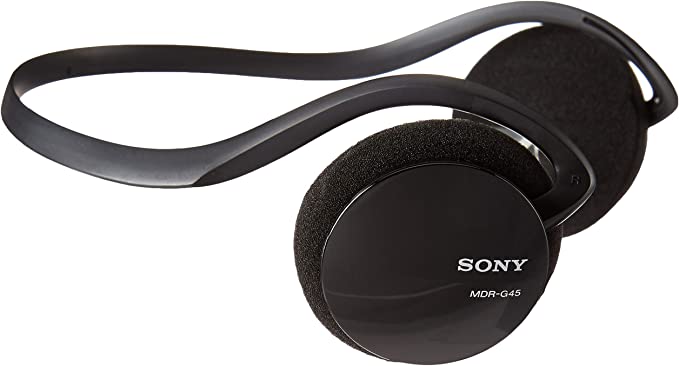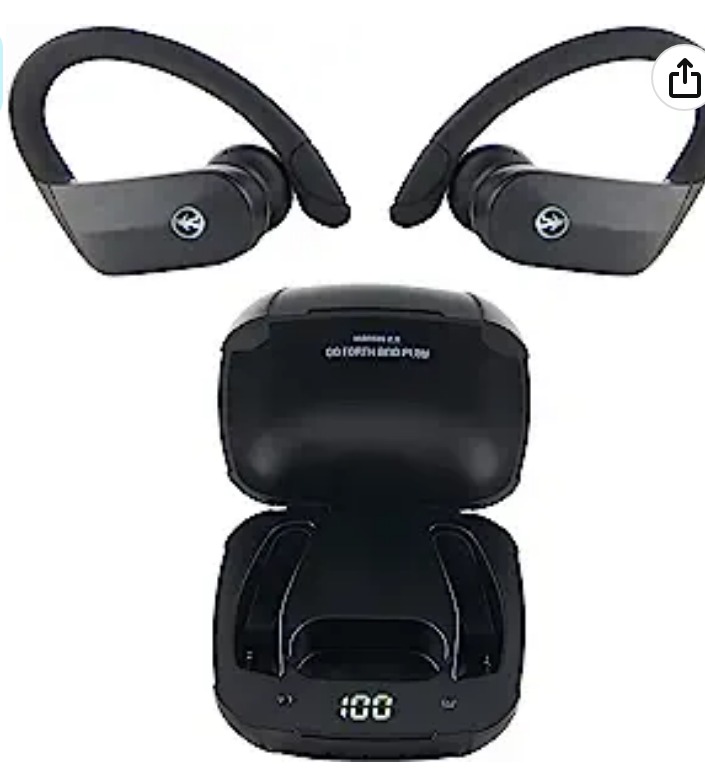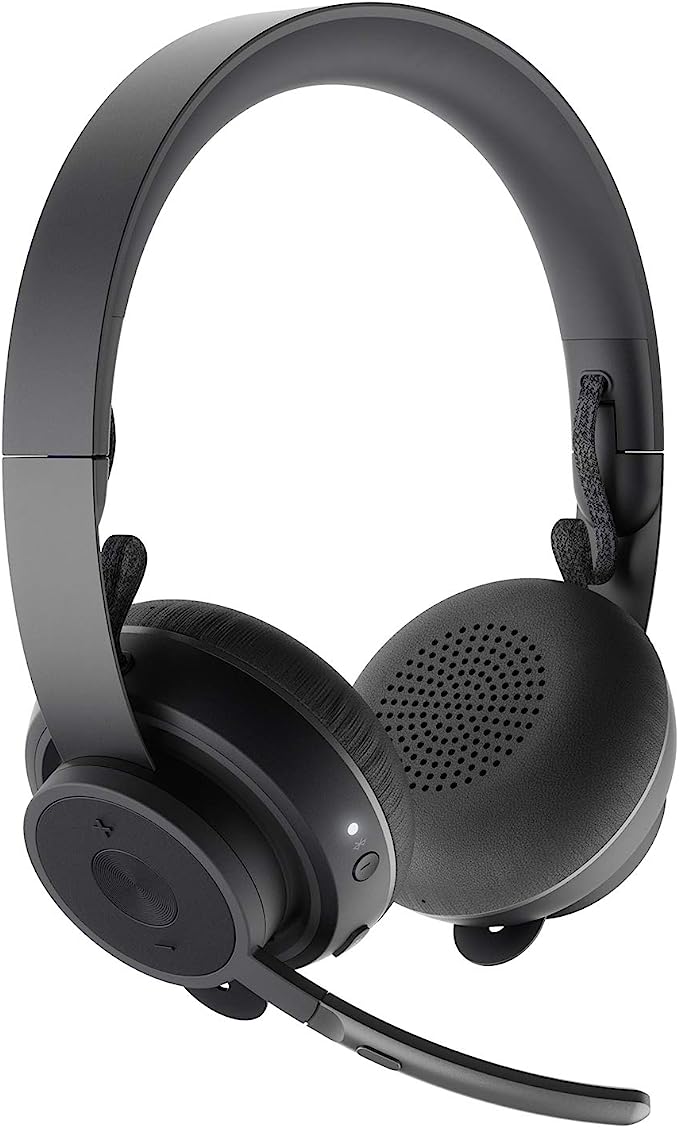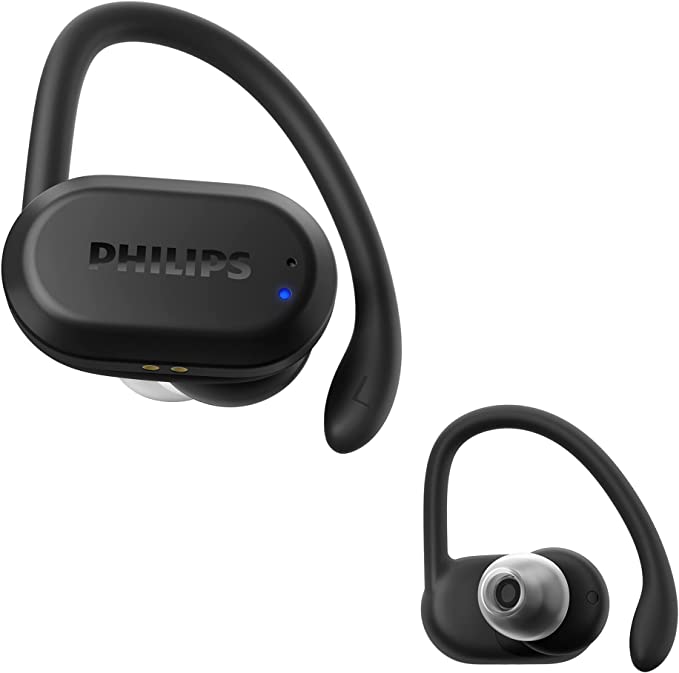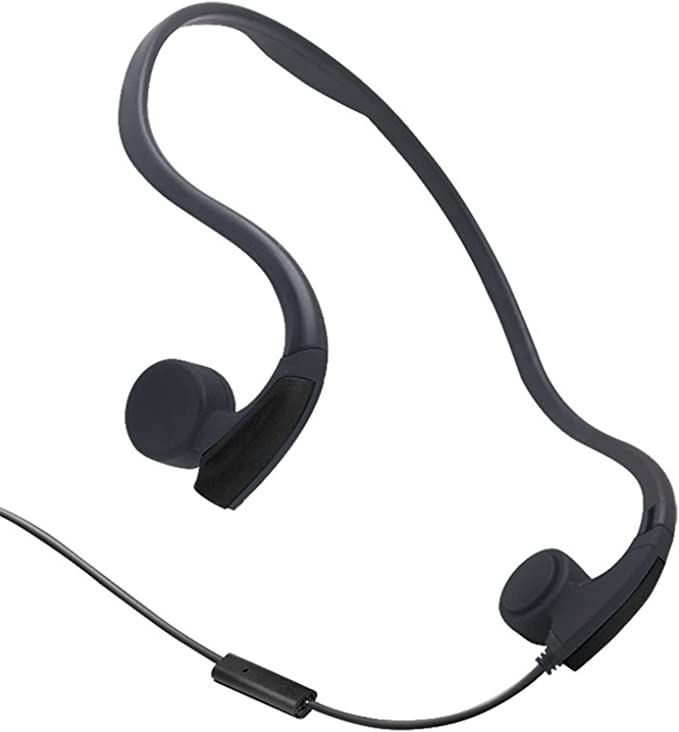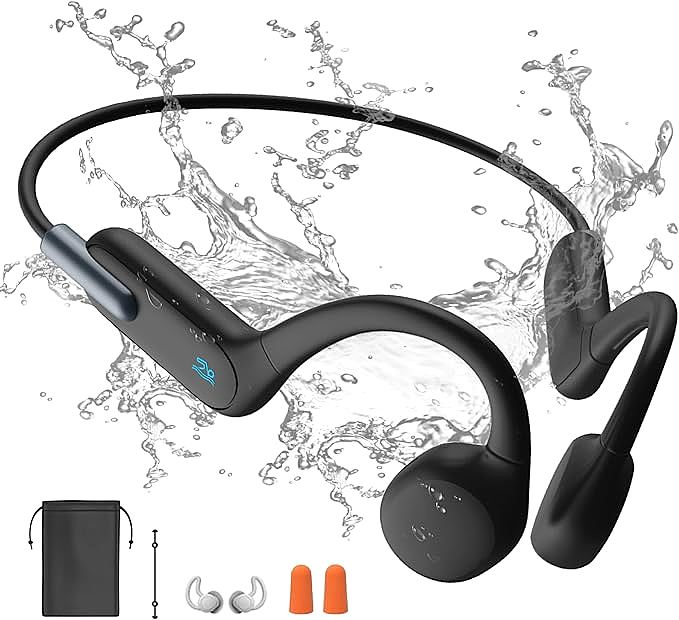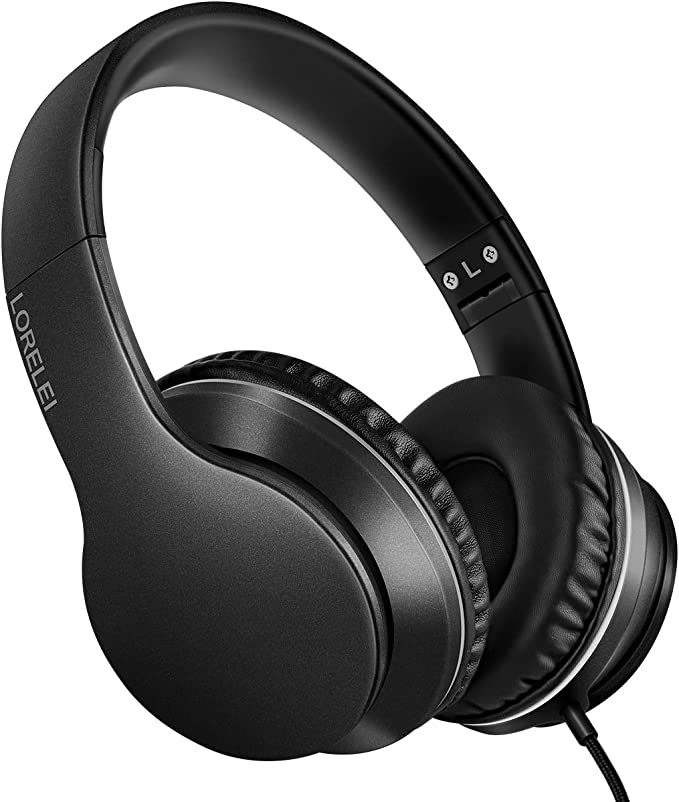The Thermodynamics of Wilderness Hygiene: Engineering Portable Hot Water Systems
Update on Nov. 19, 2025, 10:31 a.m.
For the seasoned outdoor enthusiast, the evolution of campsite hygiene is a journey marked by varying degrees of discomfort. It usually begins with the icy shock of a mountain creek, progresses to the tepid, gravity-fed trickle of a solar bag (contingent, of course, on cooperative weather), and eventually matures into the search for a reliable, active heating solution. This transition is not merely a pursuit of luxury; it represents a fundamental shift in how we manage energy and resources in the wild.
The modern solution to the cold-water dilemma lies in portable propane systems. These devices are essentially miniaturized versions of residential tankless water heaters, re-engineered for the rigors of the trail. By examining advanced units like the Kakadu Portable Camping Outback Shower, we can deconstruct the physics and engineering principles that make instant hot water possible miles from the nearest power grid.

The Physics of “Instant” Heat: Understanding Temperature Lift
The core function of any active water heater is energy transfer. In a portable system, the challenge is to transfer thermal energy from a combustion source (propane) to a moving fluid (water) within a very compact space. The metric that defines this performance is Temperature Lift, often denoted as Delta T (ΔT).
The Heat Exchanger Mechanism
Inside the chassis of high-performance units sits a heat exchanger—a complex lattice of conductive metal fins and tubing. When the propane ignites, it creates an exothermic reaction, releasing intense heat. The efficiency of the system depends on how much of this heat is absorbed by the water passing through the exchanger before the exhaust gases escape.
The Kakadu system, for instance, boasts a temperature lift of 55°F (30.5°C) at its maximum setting. This is a critical specification. It means if you are pulling water from a near-freezing glacial stream at 35°F, the unit can output water at 90°F—a comfortable shower temperature. Without this high ΔT capability, a “hot” shower would be mathematically impossible in colder environments.
Safety Limits and Control
Engineering for heat also requires engineering for safety. To prevent scalding, sophisticated systems employ an electronic governor to cap the output temperature. The Kakadu is limited to 122°F (50°C). This is achieved through a feedback loop where sensors monitor the outflow temperature and modulate the burner or shut down the system if thermal limits are breached, a crucial feature when operating in remote areas where medical help is distant.

Fluid Dynamics: The Role of the Pump
While the burner provides the heat, the pump provides the pressure. In the world of portable electronics and tools, the shift from brushed to brushless motors has been a significant technological leap, and this applies to camping showers as well.
Brushless vs. Brushed Motors
Traditional portable showers often use brushed DC motors. While cheap, they are prone to friction, heat buildup, and wear over time. The Kakadu utilizes a brushless pump, which uses electronic commutation instead of mechanical brushes. This results in: * Higher Efficiency: Less battery power is wasted as heat, translating to longer run times per charge. * Longevity: With fewer contacting parts, the lifespan of the motor is significantly extended. * Acoustics: Brushless motors operate with a quiet hum rather than a high-pitched whine, preserving the auditory peace of the campsite.
Flow Rate and Conservation
In a residential setting, we are accustomed to high flow rates (2.5 gallons per minute or more). However, in an overlanding context, water is a finite, heavy resource. A flow rate of 0.5 gallons per minute (approx. 2 liters/min)—as seen in the Kakadu specifications—is an engineered compromise. It provides enough volume to rinse soap effectively while maximizing the duration of a limited water supply. A standard 5-gallon jerry can, at this rate, provides a luxurious 10 minutes of continuous showering—plenty of time for two people to wash if managed conservatively.

Energy Density and Power Management
An active system requires two fuel sources: one for heat (propane) and one for circulation (electricity).
The Lithium Advantage
Older systems often relied on disposable D-cell batteries or a direct 12V connection to a vehicle. Modern iterations have moved to integrated Lithium Polymer (LiPo) batteries. LiPo technology offers superior energy density—storing more power in a lighter package. This allows the unit to be entirely self-contained. With a run time of 60-120 minutes per charge, the electrical capacity is matched to outlast the thermal capacity of several propane canisters, ensuring the pump doesn’t die while you still have fuel.
The Propane Standard
The choice of the 1lb propane canister as a fuel source is strategic. It is the universal currency of camping energy, compatible with stoves, heaters, and lanterns. This interoperability reduces the logistical burden of packing different fuel types. A single canister providing up to 4 hours of heat (depending on the setting) represents a remarkable energy-to-weight ratio compared to carrying firewood or relying on solar gain.
Beyond Hygiene: The Utility of Hot Water
While “shower” is in the name, the utility of an instant hot water system extends far beyond personal hygiene. In a campsite kitchen, hot water is a force multiplier. It cuts through grease on cookware significantly better than cold water, reducing the use of soap and the time spent on chores. It allows for warm hand-washing stations, which boost morale and sanitation in cold weather.
The IP65 durability rating (dust-tight and water-jet resistant) of units like the Kakadu acknowledges this multi-role reality. These are not delicate instruments meant to be kept in a velvet box; they are tools designed to sit in the mud, endure the dust of the trail, and perform reliably whether you are rinsing off a mountain bike, washing a dog, or doing the evening dishes.

Conclusion: Investing in Infrastructure
Upgrading to a portable propane water heater is an investment in campsite infrastructure. It replaces the uncertainty of solar bags and the shock of cold plunges with a predictable, controllable resource. By understanding the underlying engineering—the efficiency of the heat exchanger, the reliability of the brushless pump, and the chemistry of the battery—we can appreciate these devices not just as luxuries, but as sophisticated solutions to one of the oldest challenges of living outdoors: staying clean and warm in a cold world.




